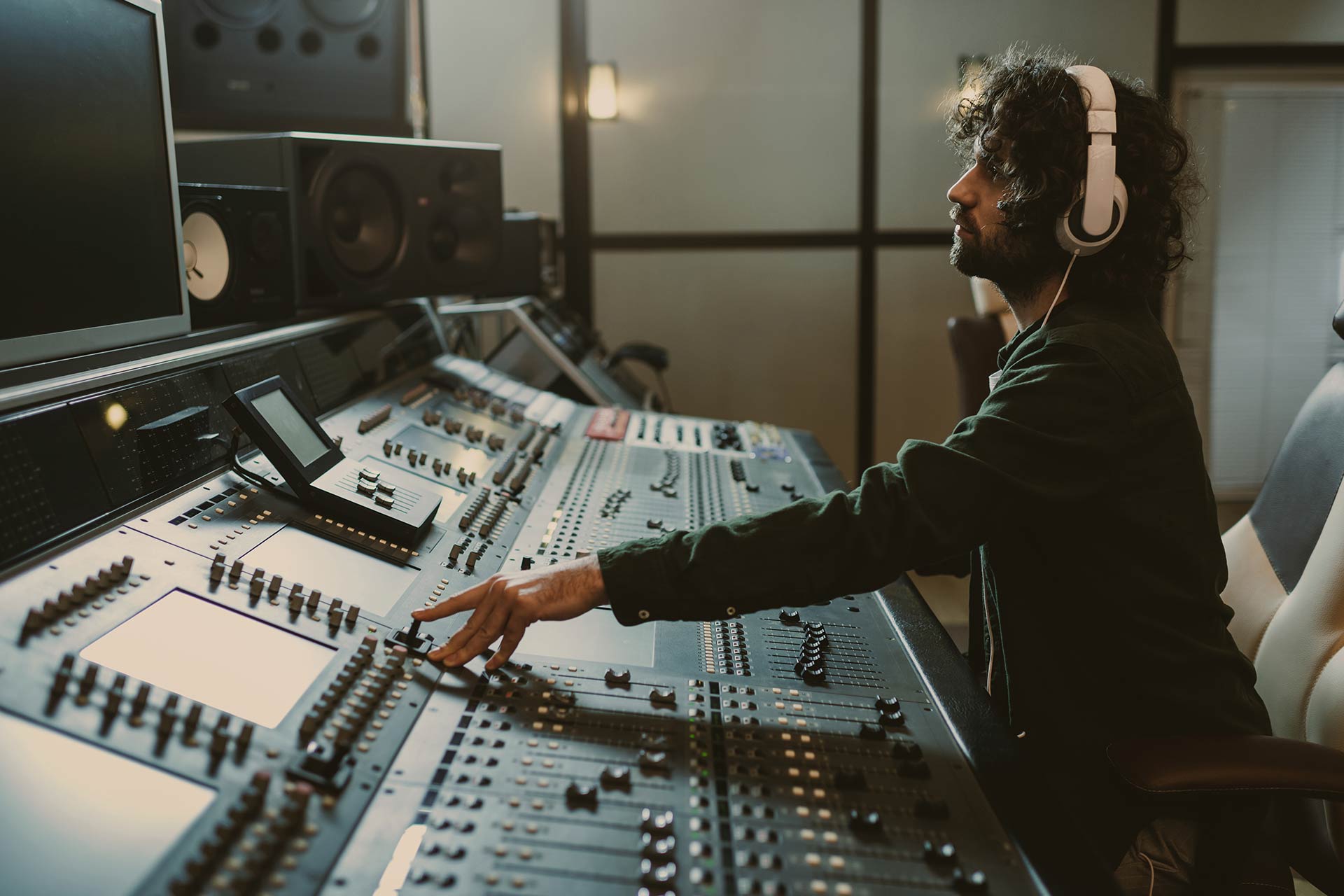Music has been an integral part of human culture for centuries, captivating our hearts and souls with its enchanting melodies and captivating rhythms. From ancient chants and tribal drums to symphonies and rock anthems, music transcends barriers and connects us on a universal level. In this article, we embark on a journey into the transformative power of music, exploring its effects on our emotions, intellect, and overall well-being.
The Emotional Language of Music:
One of the most remarkable aspects of music is its ability to evoke a wide range of emotions. Whether it’s a joyous melody that uplifts our spirits or a melancholic ballad that brings tears to our eyes, music has an uncanny way of connecting with our innermost feelings. Scientific research has shown that music can stimulate the brain’s emotional centers, triggering the release of neurotransmitters such as dopamine and serotonin, which are responsible for our feelings of pleasure and happiness. As such, music has become an essential tool for self-expression, helping us navigate through life’s ups and downs.
Music and Memory:
Have you ever heard a song from your past and suddenly found yourself transported back in time, reliving long-forgotten memories? Music has a unique ability to trigger powerful nostalgia and vivid recollections. This phenomenon can be attributed to the strong connections formed between music and memory in our brains. Studies have shown that music activates the hippocampus, a region of the brain associated with memory formation. This connection is why certain songs can become deeply intertwined with significant events and moments in our lives, becoming the soundtrack to our memories.
The Intellectual Stimulation of Music:
Beyond its emotional impact, music also has a profound influence on our cognitive abilities. Learning to play a musical instrument, for example, has been linked to enhanced memory, attention, and problem-solving skills. Studies have shown that engaging in musical training improves the brain’s executive functions, including working memory and cognitive flexibility. Moreover, exposure to complex musical compositions can stimulate critical thinking and creativity, encouraging the brain to make new connections and think in innovative ways.
The Therapeutic Power of Music:
Music has long been recognized as a powerful therapeutic tool, with applications in various healthcare settings. In the field of music therapy, trained professionals use music to address physical, emotional, and cognitive needs. For individuals with mental health conditions such as anxiety or depression, music can provide solace and comfort, acting as a form of nonverbal communication and self-expression. Moreover, studies have shown that music therapy can aid in pain management, reduce stress levels, and improve overall well-being, making it a valuable adjunct to traditional healthcare practices.
Music as a Cultural and Social Bond:
Music has the remarkable ability to bring people together, transcending cultural, linguistic, and social barriers. It serves as a powerful tool for cultural expression, with each society developing its unique musical traditions and genres. Whether it’s a lively African drum circle or a classical symphony performance, music enables us to connect with diverse cultures and appreciate the beauty of human creativity. Furthermore, music acts as a social bond, fostering a sense of belonging and unity among individuals. Concerts, festivals, and even casual jam sessions provide opportunities for people to come together, celebrate, and share their love for music.
Conclusion:
Music, with its emotive power and transformative capabilities, has the ability to touch our lives in profound ways. It has the capacity to uplift our spirits, ignite our memories, stimulate our intellect, heal our wounds, and unite us as a global community. As we continue to explore the depths of melody and rhythm, let us embrace the universal language of music and allow it to enrich our lives and create lasting connections with one another.
